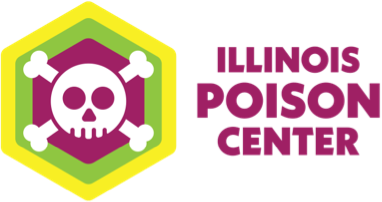Mushrooms
Mushrooms can pop up in grassy areas, near trees and in concrete crevices with warm weather and rainy days. While fun to see on your lawn, it’s best to avoid wild mushrooms—and to closely watch young children who might be tempted to take a bite.
What to Know
Most types of mushrooms are not toxic when eaten. There are over 100,000 known mushroom species and less than 0.1% of them are known to be toxic. Accidental poisonings can occur, but they usually do not result in serious complications, especially when consuming a small amount.
What to Avoid
If you’re thinking of gathering wild mushrooms for a meal, don’t do it. This can lead to a more concerning situation of eating food prepared with wild mushrooms that you think are edible but turn out to be poisonous.
Symptoms of Mushroom Poisoning
Stomach pain
Nausea
Vomiting
Diarrhea
Mushrooms Causing Severe Symptoms
In rare cases, some mushroom poisonings can cause fatal liver and kidney damage. The “death cap” (Amanita phalloides), “destroying angel” (Amanita bisporigera) and “deadly webcap” (Cortinarius gentilis) mushrooms are most likely to have these harmful effects.
The Jack-o-Lantern mushroom (Omphalotus illudens) is commonly mistaken for the edible Chanterelle mushroom because they are both orange. If eaten, Jack-o-Lantern mushrooms can cause vomiting, diarrhea and abdominal pain within a few hours after ingestion. In severe cases, hydration with IV fluids may be necessary.
What to Do
IPC is here to help. Call our helpline at 1-800-222-1222 if you or a loved one is experiencing symptoms from eating wild mushrooms, or if a child has eaten an unknown mushroom growing outside. Our toxicology experts are available 24 hours a day, seven days a week to answer your questions and provide treatment advice.
